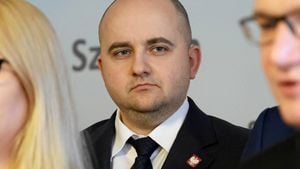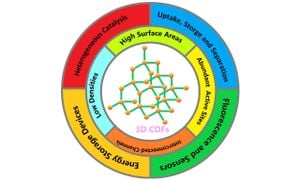Serbia finds itself at the center of international scrutiny after its recent vote at the United Nations General Assembly, where the country supported an anti-Russia resolution concerning Ukraine. Serbian President Aleksandar Vučić declared the vote a mistake, leading to widespread discussions about Serbia's foreign policy and its historical ties to Russia.
On February 24, 2023, during the UN General Assembly, representatives from Serbia voted for the resolution, aimed at condemning the military action of Russia against Ukraine. This resolution called for Russia to "immediately, completely and unconditionally withdraw all troops from the territory of Ukraine". It was supported by 93 countries, with 18 votes against it, including the United States, and 65 nations abstaining, such as India and China.
Vučić, speaking on TV Happy, said, "I believe Serbia made a mistake today, and I apologize to the citizens for it, and I bear responsibility. We should have abstained as we have for the last three years". His words emphasized the need for Serbia to maintain its longstanding policy of abstention on certain resolutions, particularly those concerning Ukraine and Russia.
This shift brought about considerable debate within Serbian society and politics. Critics argue this could signify Serbia's drift toward Western influences, especially as the country has been attempting to balance its European Union accession aspirations with its historical allegiance to Russia.
Vučić articulated the delicate challenge at hand, stating, "We voted for the European resolution, and for the American resolution we voted as we should have—abstained. And on the European resolution, we should have abstained as well". This indicates both his acknowledgment of pressures from Western powers and the complex geopolitical realities Serbia must navigate.
Previously, Serbia had abstained from similar resolutions over the past three years, aligning itself with other countries like Russia, consistent with its historical and cultural ties. The unexpected vote caught many off guard, triggering discussions about the direction of Serbia’s foreign policy.
Serbia's ambiguous stance is compounded by its continued aspirations for normalization of relations with the European Union, juxtaposed against its reliance on support from Russia. Vučić's admission marks a significant moment, as it reflects internal dissent and external pressures being faced simultaneously.
Meanwhile, the Russian response has been one of increased scrutiny of Serbian organizations seen as opposing its interests. The Russian Prosecutor General's Office recognized the activities of the non-governmental organization Russian Democratic Society, based in Serbia, as "undesirable". This organization, founded by Petar Nikitin and former St. Petersburg municipal deputy Vladimir Volokhonsky, has actively engaged in protests and disseminated information against the Russian military operations.
According to Russian officials, the activities of the Russian Democratic Society are aimed at creating "a mass protest movement against Russia", and the NGO has been implicated in over 20 anti-Russia actions within Serbia. This includes organizing rallies against the invasion of Ukraine and advocating for political prisoners, raising concerns about dissenting voices within Serbian society.
The backdrop of these developments includes the humanitarian and economic crises exacerbated by prolonged military conflicts, contributing to Serbia's own challenges. The vote at the UN and the growing discontent with Russia's actions have created tensions, compelling Serbia to reassess its strategic partnerships and affiliations.
The international community seems divided on how to engage with Serbia amid these shifting alliances. Countries supporting Ukraine welcomed Serbia's vote, viewing it as progress toward greater integration with Western initiatives. Conversely, Russia has responded by warning of potential backlash against Serbian organizations and individuals perceived as collaborating with Western interests.
This incident at the UN may have initiated debates about Serbia’s future as it attempts to carve out its place on the world stage. Public sentiment appears mixed, with some citizens supporting President Vučić's approach to aligning more closely with Europe, and others advocating for adherence to long-standing ties with Russia.
Moving forward, how Serbia responds to the repercussions of this vote will be pivotal, as the country stands at the crossroads of European integration and its historical partnership with Russia. President Vučić's administration faces the task of uniting the nation’s foreign policy with the expectations of its citizens, all within the confines of international diplomacy and local political ideologies.



